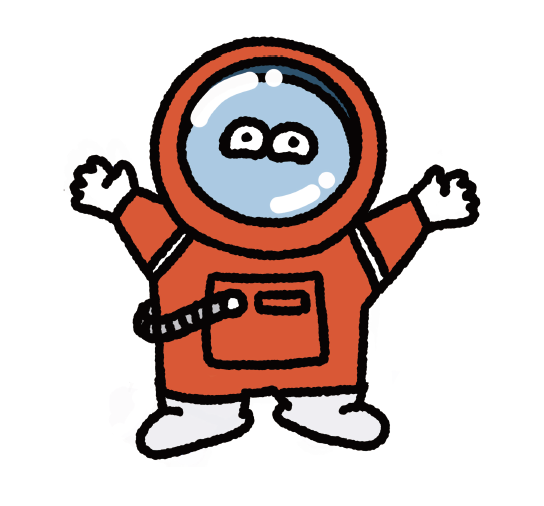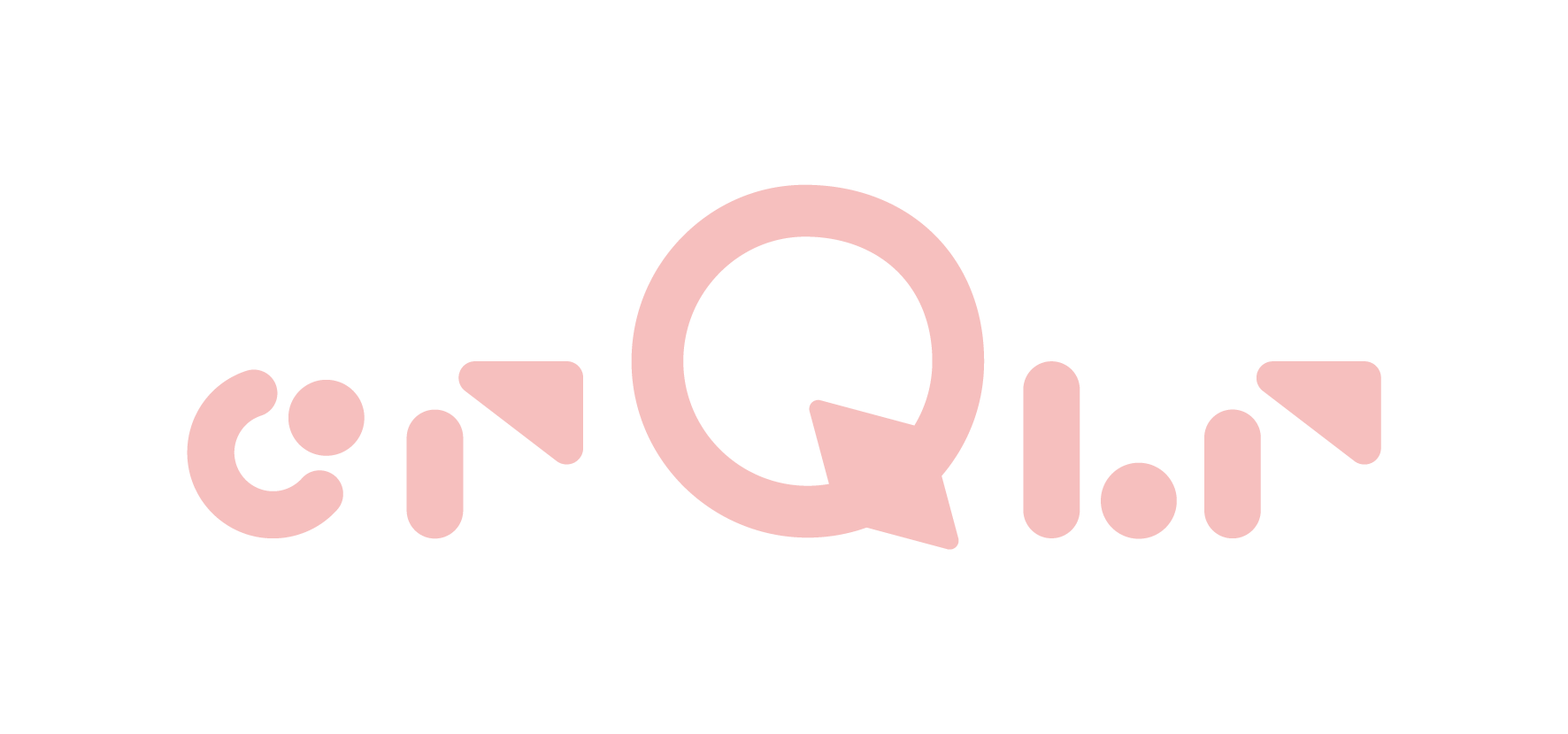-
応募プロジェクト・アイデアのタイトル(日英併記)
RE-FABRICATION-LAB
-
応募プロジェクト・アイデアの紹介動画URL(5分以内)
-
応募プロジェクト・アイデアの詳細説明(日英併記)
THE RE-FAB-LAB
We have set up a platform to collect local Nagoya industrial waste materials. With effort from the Future Crafts Project of The Keio University Graduate School of Media Design and RYOYA YOKOZEKI STUDIO, the Lab was established.The purpose of the Lab is to test and re-discover the potential advantages via combining materials or using different fabrication methods.
THE ARCHIVE
Based on the results of the lab tests, all the specifics are then recorded onto CYCLE PROJECT’s website for makers and designers to access. The aim of the archive is to ensure all the tests are recorded, organized and shared in user-friendly methods to enable local makers and designers to further their ideas/design. The goal for this archive is to facilitate the possibilities in new usage of industrial waste materials in achieving up-cycling in more than just using materials in its original form.
THE COMMUNITY
Further sharing the lab test results via the archive, with the support of external partners such as the FabCafe Nagoya, workshops were designed and executed to further connect the designers and makers locally. Within each workshop, the most updated tests and results were shared to ignite more discussions on other ideas of combinations on the industrial waste materials or new re-fabrication methods, as well as thoughts on how these test results can support new product development. In August, one workshop was successfully implemented and the focus at the time was on usage of industrial plastic waste. More details please refer to the website. -
キーワード
#Upcycle #Fabrication #Community
-
応募プロジェクト・アイデアのWebサイトがありましたら、URLをご記入ください。
https://cycleproject.wixsite.com/my-site
-
【特別賞】「地域資源の活用」として、素材や知見などの、地域資源をどのように活用して、課題に取り組んでいるか。(日英併記)
-
【特別賞】「コミュニティから始まり、持続される」として、地域コミュニティでの活動を通じて、どのようにその活動を持続させているか。
As with many global issues, it can be hard for individuals to tackle them head-on. This project’s goal is to significantly reduce the barrier-to-entry and provide an opportunity from the root, where choosing industrial waste materials with new fabrication can be considered prior to product development. For this to implement sustainability and successfully, a community-based approach is needed.
The first layer of community formation starts by the CYCLE PROJECT members collaborating with external partners such as FabCafe Nagoya, who already have lots of local connections with industry makers that have lots of industrial waste. From here, the local makers who own industrial wastes provide waste for lab tests via online platforms and the archive listing the various test results. This forms the first layer of connection, setting up a solid base for consistent supply in industrial waste materials towards the complete sustainable cycle.
The second layer of community is formed during the workshop, where local makers and designers join to discuss new fabrication ideas or opportunities for product development. The key for this later is when makers and designers join the community, discussion and brainstorming can be done during the workshop to spark new possibilities. Ideas for new fabrication can then be input back into the Lab for new testing and ideas for possible product application can be joined with the industrial waste provider and further explore development into possible mass product.
The final layer of community that would complete the long-term sustainable cycle is the consumer. With promotional efforts from the CYCLE PROJECT and external partners like FabCafe Nagoya, the promotion can act as an education opportunity to public consumers on the uniqueness and importance of up-cycling as well as an invitation for them to join the community via their conscious choice of purchase.
To further extend this positive impact, the long-term vision is to take this approach and expanded out the other parts of the Japan where knowledge can be shared, makers and designers can be connected, more variety of industry waste materials can be re-fabricated and consumer can be aware of how their purchase can make an impact. Ultimately, with the learnings from expansion, we hope to make an impact regionally and globally as well. -
【特別賞】「天然資源の再生」どのように廃棄物や汚染を排除し、天然資源を再生しているか。
- 271
CYCLE PROJECT
We are a research community looking to provide new options for industry sustainability possibilities in Nagoya. Aichi Prefecture, where Nagoya is located, is one of the leading industrial prefectures in Japan. This also contributes to a large amount of – and variety of – industrial waste materials. To realize a more sustainable society, we believe there could be potential values to be re-discovered from these seemingly “ waste materials” by either combining or changing its form via re-fabrication.
Current studies on industry waste materials are either in individual small scales or with single material mostly. Therefore, we wish to establish an archive to expand the needs of re-discovering with new fabrications and combinations from these industry’s waste materials to support further possibilities in utilizing waste materials for new products.
Through this archive of RE-FABRICATION-LAB, we believe it can act as a new way to connect both local makers/designers and waste materials to form a community that focuses on up-cycling. This can be a new way to support sustainable innovation.
Rising to this challenge, we founded “CYCLE PROJECT," a research community based in Nagoya to share information and find new ways to fabricate and up-cycle local industrial waste materials. We work alongside academic professionals, community leaders, and industry experts to archive and share the re-discover new potential values in industry’s waste materials and forming communities for up-cycling.
Current studies on industry waste materials are either in individual small scales or with single material mostly. Therefore, we wish to establish an archive to expand the needs of re-discovering with new fabrications and combinations from these industry’s waste materials to support further possibilities in utilizing waste materials for new products.
Through this archive of RE-FABRICATION-LAB, we believe it can act as a new way to connect both local makers/designers and waste materials to form a community that focuses on up-cycling. This can be a new way to support sustainable innovation.
Rising to this challenge, we founded “CYCLE PROJECT," a research community based in Nagoya to share information and find new ways to fabricate and up-cycle local industrial waste materials. We work alongside academic professionals, community leaders, and industry experts to archive and share the re-discover new potential values in industry’s waste materials and forming communities for up-cycling.


